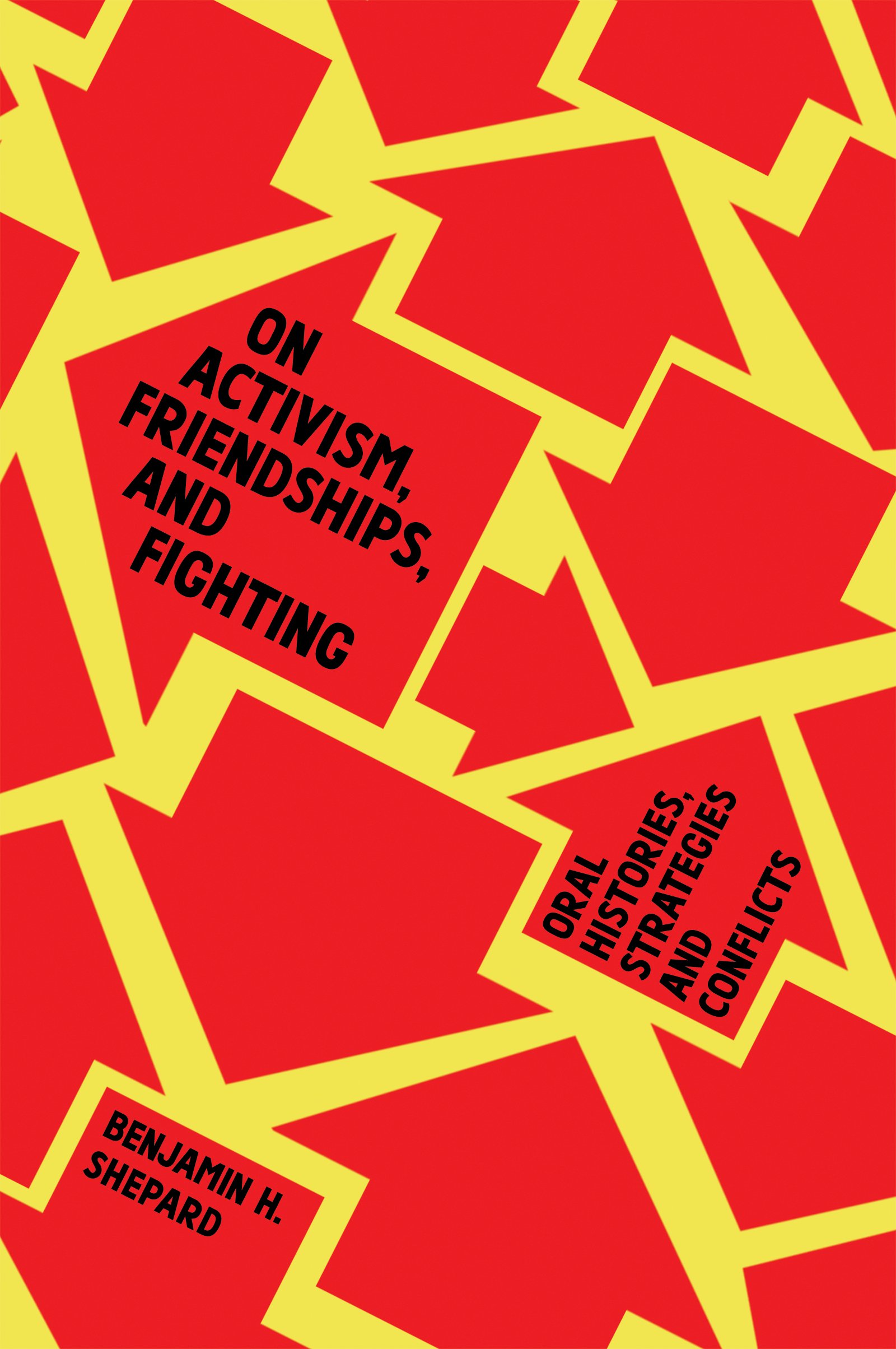Genocide in the Neighborhood: State Violence, Popular Justice, and the ‘Escrache’
Genocide in the Neighborhood: State Violence, Popular Justice, and the ‘Escrache’
Documents the theories, debates, successes, and failures of a rebellious tactic to build popular power.
Genocide in the Neighborhood documents the autonomist practice of the “escrache,” a system of public shaming that emerged in the late 1990s to vindicate the lives of those disappeared under the Argentinean dictatorship and to protest the amnesty granted to perpetrators of the killing. The book is an example of militant research, an investigative method that Colectivo Situaciones has pioneered. Through a series of hypotheses and two sets of interviews, Genocide in the Neighborhood documents the theories, debates, successes, and failures of the escraches—what Whitener provisionally defines as “something between a march, an action or happening, and a public shaming—investigates the nature of rebellion, discusses the value of historical and cultural memory to resistance, and suggests decentralized ways to agitate for justice.
The book follows the popular Argentine uprising in 2001, a period of intense social unrest and political creativity that led to the collapse of government after government. The power that ordinary people developed for themselves in public space soon gave birth to a movement of neighborhoods organizing themselves into hundreds of popular assemblies across the country, the unemployed workers struggle mobilizing, and workers taking over factories and businesses. These events marked a sea change, a before and an after for Argentina that has since resonated around the world. In its wake Genocide in the Neighborhood tactfully deploys a much needed model of political resistance.






